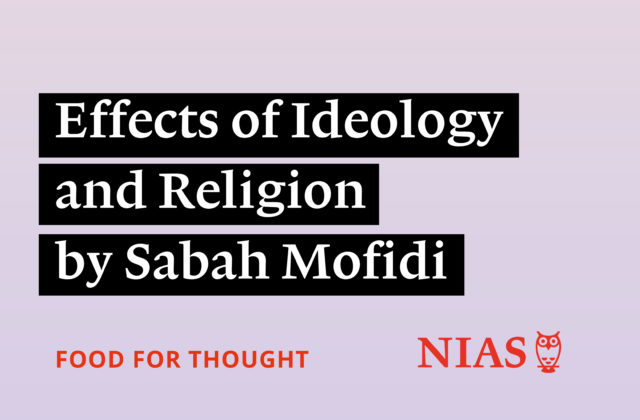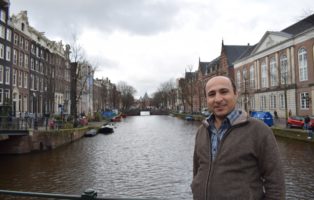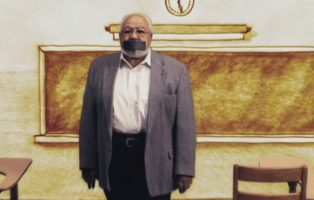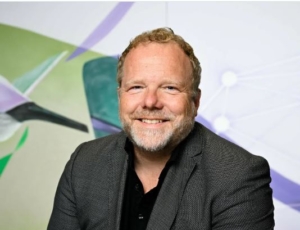Doubtless, the Corona crisis has affected many aspects of human life and will continue to be a chief determinant in years to come. In times like these, it becomes clear once more that both national and global politics are often affected by eco-political and religious ideologies.
Despite ever-increasing progress, humankind is still a forgetful being. Especially in Western countries welfare and plentifulness mark the last couple of decades, a result of the preservation of balance between liberal and social measures by their governments. However, a gradual yet radical tendency to liberalism, liberal capitalism, and the growth of neoliberalism among politicians has led to a decrease of one of the basic duties of governments: their social role.
Many politicians seem to have forgotten previous crises, which has led to a consistent lack of consideration of the ability of small governments in big social crises. And now we see the effects in some liberal countries. Wealth acquired in the private sector was often invested in places that did not require it most. On the contrary, many investments were intended for making even more money. Indeed, some investments by this sector were led into such a direction in which the public health and welfare were not even considered or reduced to the transient joys of individuals. Just compare investments in the health sector and social services with investments in more luxurious aspects of life such as the Bazar, festivals, or sports events. In most countries, the gap between the income of a scientist or physician comes nowhere near that of a celebrity. The immense wealth acquired so easily by the few is elusive for large sums of people.
Whereas this is already a problem in ‘normal’ times, this is even more poignant in times of crisis, as it becomes clear that many scientific centres, hospitals, medical supply factories, health insurance companies, and other public buildings miss necessary equipment to keep people alive or, as we see in de COVID-19 pandemic, space to sustain physical and social distance in emergencies.
On the other hand, the existence of political religions or totalitarian governmental ideologies and religion in countries like China and Iran affected the intensification of the crisis not only on their territory but all around the world. These states follow the political interests of their dominant party or group and refrain from considering the welfare and wellbeing of both individual citizens as society as a whole. Indeed, in some of these states, the life of individuals has no importance. In the lack of press and media freedom, everything is political and vague. This makes adopting appropriate policies in facing and managing the Corona crisis and incorporating scientific approaches to solve the problem quite difficult.
Next to that, there is a religious world within which the spiritual aspect of social life should be considered. Here the anti-scientific and superstitious beliefs are dominant. In some countries, like Iran and South Korea, religious believers who collectively prayed or touched religious symbols helped to spread the virus more and more. In some sacred places, they didn’t pay attention to health tips and social distance. Moreover, some of these people claimed they had been preserved by spiritual forces and used some traditional and unknown drugs. This could be considered the negative social function of religion. Some politicians, however, used its positive function. Using the order of the religious figures and referring to the relevant decrees of sacred texts, they forced these people to follow health tips.
Therefore, both ideologies and religions pay attention to some aspects of life that cannot be helpful in critical times; neither luxury nor spirituality. It might be the time to rethink politics and social policies, to consider a moderate and reasonable way more than past; perhaps a further return to social democracy.




